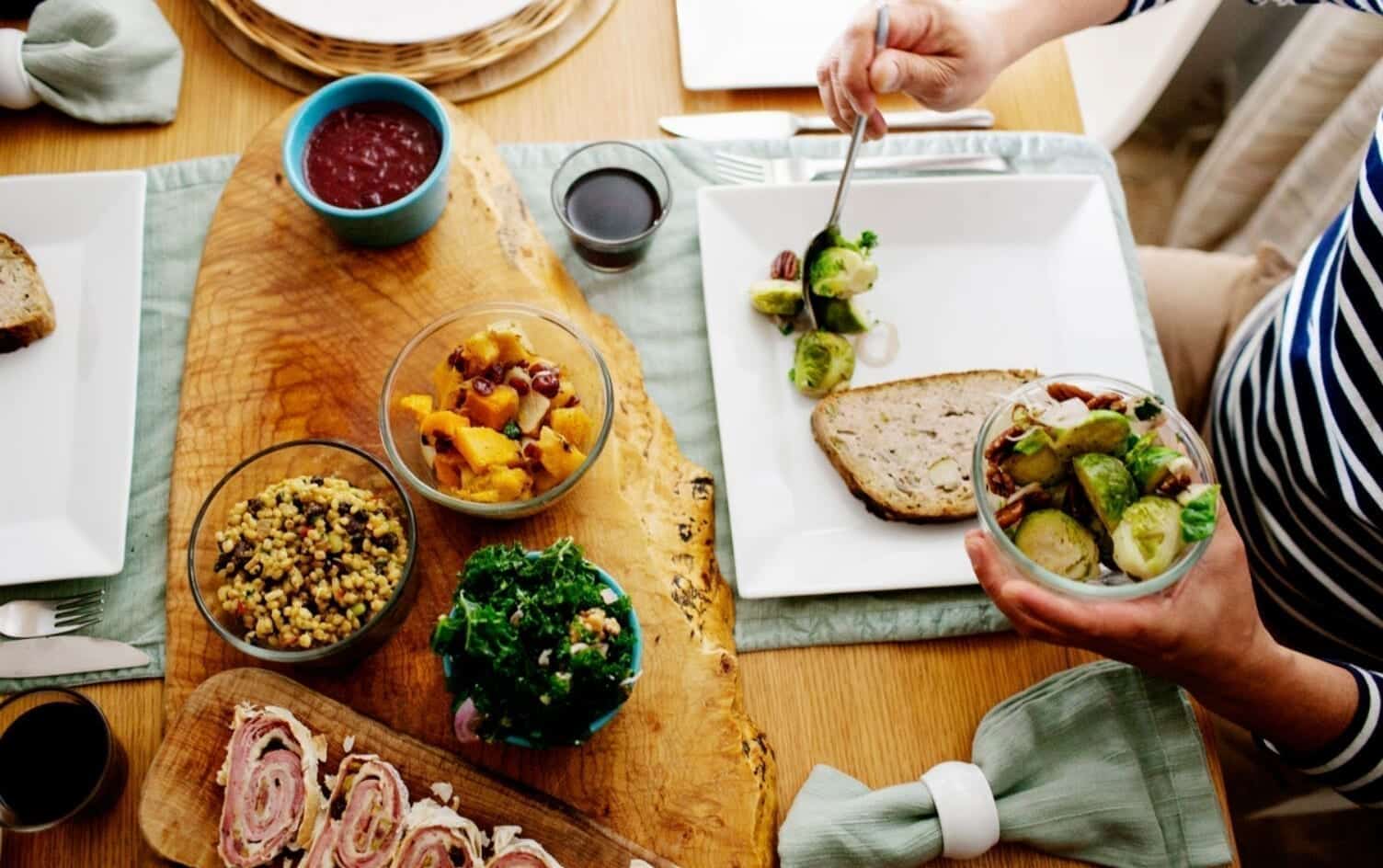Professional and elite athletes do things differently when it comes to fueling their bodies. To be able to perform at the top level, it takes dedication to every facet of training: sleep, workouts, recovery and nutrition.
Nutrition is something competitive athletes must take very seriously in order to up their energy levels, replenish physically stressed bodies, focus the mind and meet the high demands of daily training and competition These athletes understand neglecting nutrition has many negative outcomes. In fact, they’ve spent a good chunk of their athletic years fine-tuning nutrition that works to optimize performance results.
Fueling for performance should be a part of every athlete’s regime so start prioritizing yours by implementing these fueling tips from the pros.

This means eating a larger morning meal to promote energy when you use it the most; early to midday. This trick creates a more efficient body and prevents cravings later in the day; two factors that assist in keeping elites lean and energized.
Pro Tip: Instead of grabbing a bar and coffee and running out the door, consume a complete meal for breakfast. You might have to carve out an extra few minutes in your morning, but it will be worth it to nourish your body at a time that supports the day ahead.
Make sure each macronutrient (fat, protein and complex carbohydrates) along with fiber is represented. Skip foods that are greasy and full of refined sugars, but load up on healthful fats, proteins, grains and produce.
For example, try avocado on sprouted whole-grain bread with two eggs, a greek-style yogurt and fruit. Another option could be a bowl of oatmeal with berries, flaxseed, almond butter and protein powder or a veggie and tofu scramble with sweet potatoes and an orange.

The best athletes know that going into a workout on empty is never a good move. Active bodies need a supply of nutrients to boost intensity, strength and avoid bonking.
Pro Tip: Save the calorie cutting for later in the day, away from training demands. Before a workout, even a short one, make sure your body is topped off and ready to go. If the workout is short and intense, have a quick-acting simple carbohydrate snack roughly 30 minutes prior, like a sports drink, banana or gel. If your workout is endurance focused, aim for a combo of fat and complex carbs like PBJ on wheat bread, a granola bar or fruit and yogurt.

Pros respect recovery and understand a workout isn’t over until you’ve consumed carbs and protein. For most, this means downing a simple mix of water, protein powder and drink mix. It isn’t gourmet by any means, but it’s simple, fast and provides a blend of exactly what a fatigued body needs to bounce back quickly. Ignoring this step puts an athlete at risk for poor recovery, lessens muscle gains and causes excessive hunger later.
Pro Tip: Before you head to the shower or analyze your data, eat something. This is especially important for those working out multiple times a day or anytime within 24 hours. Choose a bite or drink that contains protein and carbohydrates and is easy to have ready to go post-workout. Remember something is better than nothing, so don’t stress the ratios or nutrients at first, just aim to make it a habit.

For lunch, most athletes consume a large variety of colorful grains, nuts, seeds, fruits, vegetables and protein. Taking in a diverse plate of colorful ingredients helps maximize vitamins, minerals and phytonutrients to keep a body running at its absolute best as each color group is associated with a different mix of nutrients.
Pro Tip: Aim for a ‘build your own bowl’ café feel by loading up on a variety of colorful ingredients at each lunch. This meal doesn’t have to be massive, just aim to get 2 tablespoons to a handful of each ingredient from different categories. For example, take a bowl and add a scoop of brown rice, a hard-boiled egg, vinaigrette-massaged kale, lentils, avocado, tomatoes, beet kraut, sunflower seeds and almonds. If your lunch looks like a rainbow, you’re doing it right.

This meal might differ the most between pro athletes and other active adults. Professionals tend to keep dinner repetitive and small so evening digestion is easy, which aids the best sleep (which is ideal for recovery). It also allows athletes to wake up feeling ready to fuel with that big breakfast that goes into being active rather than sleeping.
Pro Tip: Stop making dinner your largest, most complex meal. Choose smaller plates/bowls to limit portions and pick a few standard meals to repeat throughout the week to keep stress low and prep easy. Use the template of protein + starch + produce to keep things from getting out of control. To keep things from getting boring, add different seasonings and spices to the same ingredients instead of completely changing the meal.




